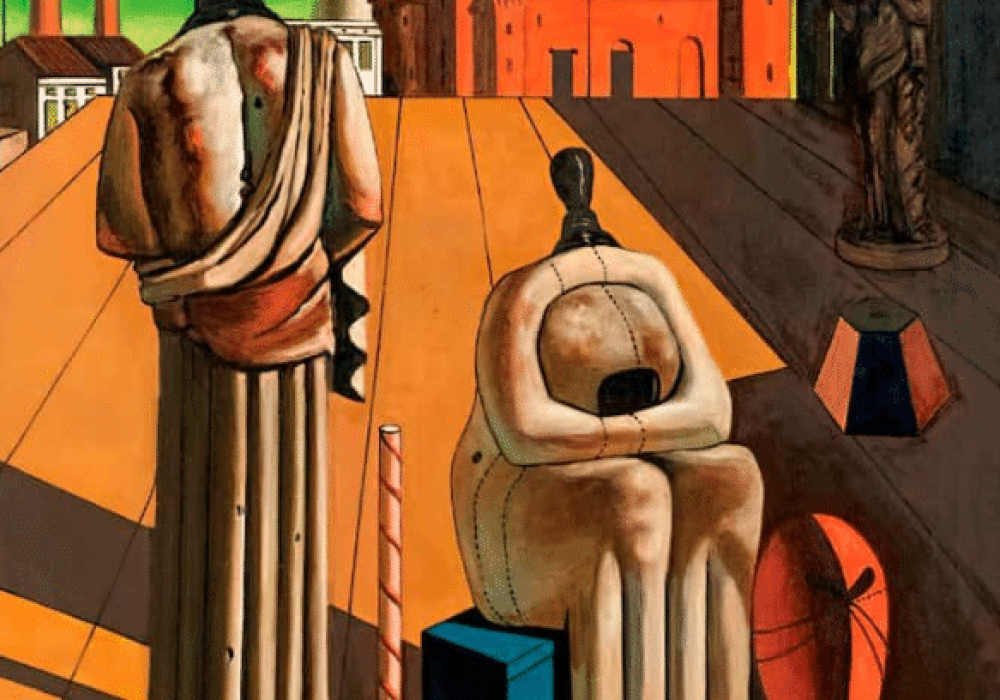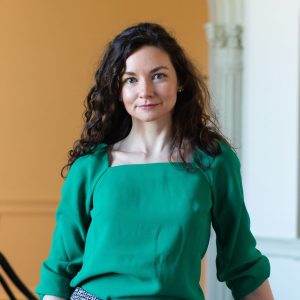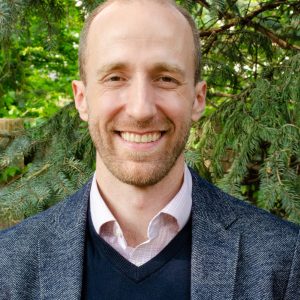Open to current undergraduate students at the University of Chicago. Registration is capped at 25. Students who register after capacity has been reached will be put on a waitlist. All registrants will be provided with a free copy of the text.
This seminar and the Nicklin Fellows are cosponsored by the First Analysis Institute, and this event is made possible through the support of ‘In Lumine: Supporting the Catholic Intellectual Tradition on Campuses Nationwide’ (Grant #62372) from the John Templeton Foundation.
In 1944, CS Lewis looked upon civilization and was amazed by what he saw:
In a sort of ghastly simplicity, we remove the organ and demand the function. We make men without chests and expect of them virtue and enterprise. We laugh at honor and are shocked to find traitors in our midst. We castrate and bid the geldings be fruitful.What was it about 20th century philosophy that horrified Lewis? Was the embrace of relativism a step towards greater social progress, or did it threaten the foundations of society? Did the conquest of nature result in “nature’s conquest over man”, a victory that made man less than human? Was there a source of universal values, such as natural law, that could prevent the abolition of man? How would one know if such a law existed with a seemingly infinite number of traditions and beliefs?
In The Abolition of Man, C.S. Lewis, from an intentionally non-Christian perspective, delivered a scathing critique of moral relativism and the limitless advancements of science. This seminar will delve into Lewis’s bold arguments and challenge participants to confront uncomfortable questions about the direction of our values, ethics, and what it means to be human.
Professor Erin Walsh, Assistant Professor of New Testament and Early Christian Literature, will join us for the conversation.
Schedule
6:00 PM Dinner | 6:15 PM Discussion | 7:30 PM Close
October 16th: “Men Without Chests” (27 pages)
October 30th: “The Way” (26 pages)
November 13th: “The Abolition of Man” (27 pages)
This event is part of Lumen Christi’s Fundamental Questions seminar, a quarterly reading group designed for undergraduate students at the University of Chicago. By fostering intellectually rigorous conversation around culturally resonant texts, we aim to allow students to experience the force of the deep existential concerns which animate our lives: “Where do my values come from? What is the good life? How can I become happy?” Our aim is not to answer such fundamental questions, but rather to equip students with the intellectual skills needed to recognize and articulate them for themselves. This group welcomes students from all religious and philosophical backgrounds because existential questions of being are of concern to all.
In addition, undergraduate students who participate in this seminar are eligible to become “Nicklin Fellows.” These fellows will have exclusive access to research and development grant funds to pursue their intellectual interests. Grants can be used to do things like the following:
- Organize a reading group
- Bring a speaker to campus
- Organize a movie night
- Develop and plan future fundamental questions seminars
- Write a paper for a journal
- And more!



